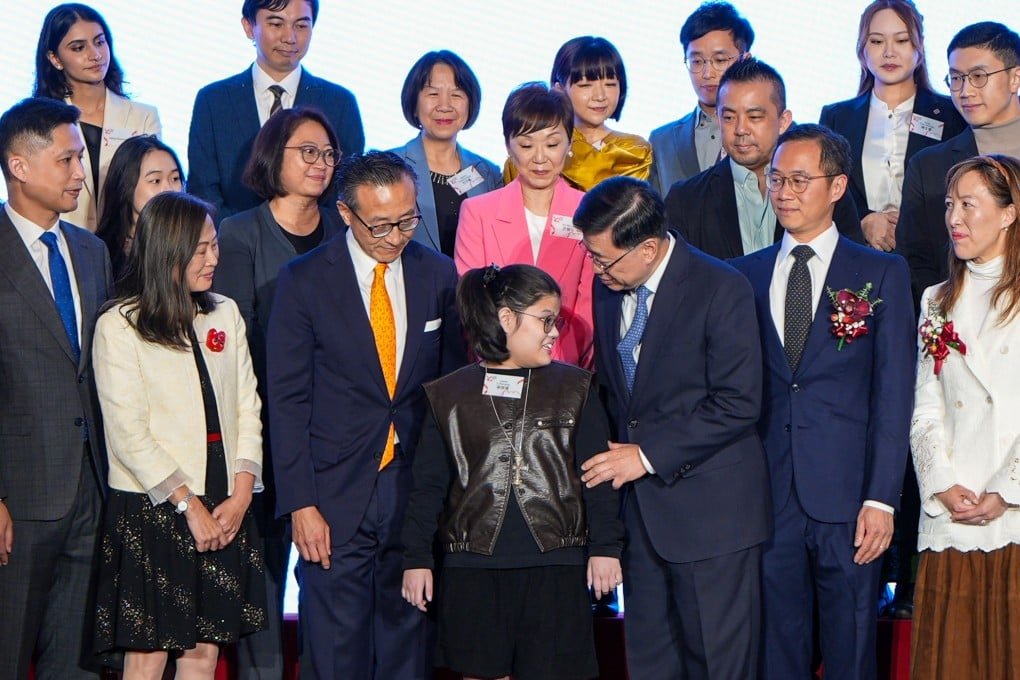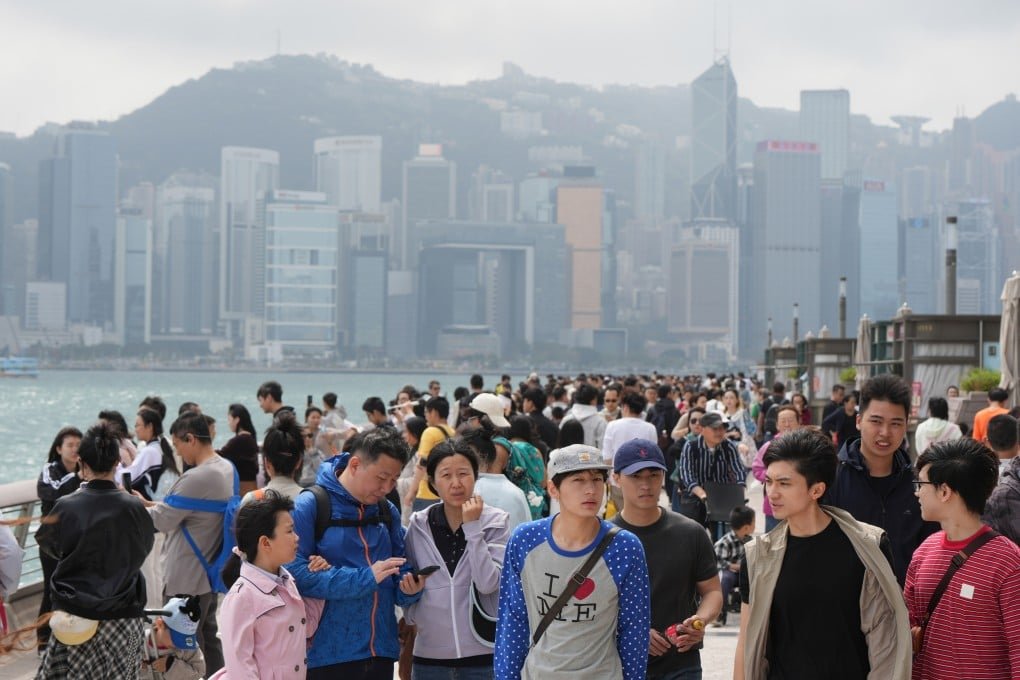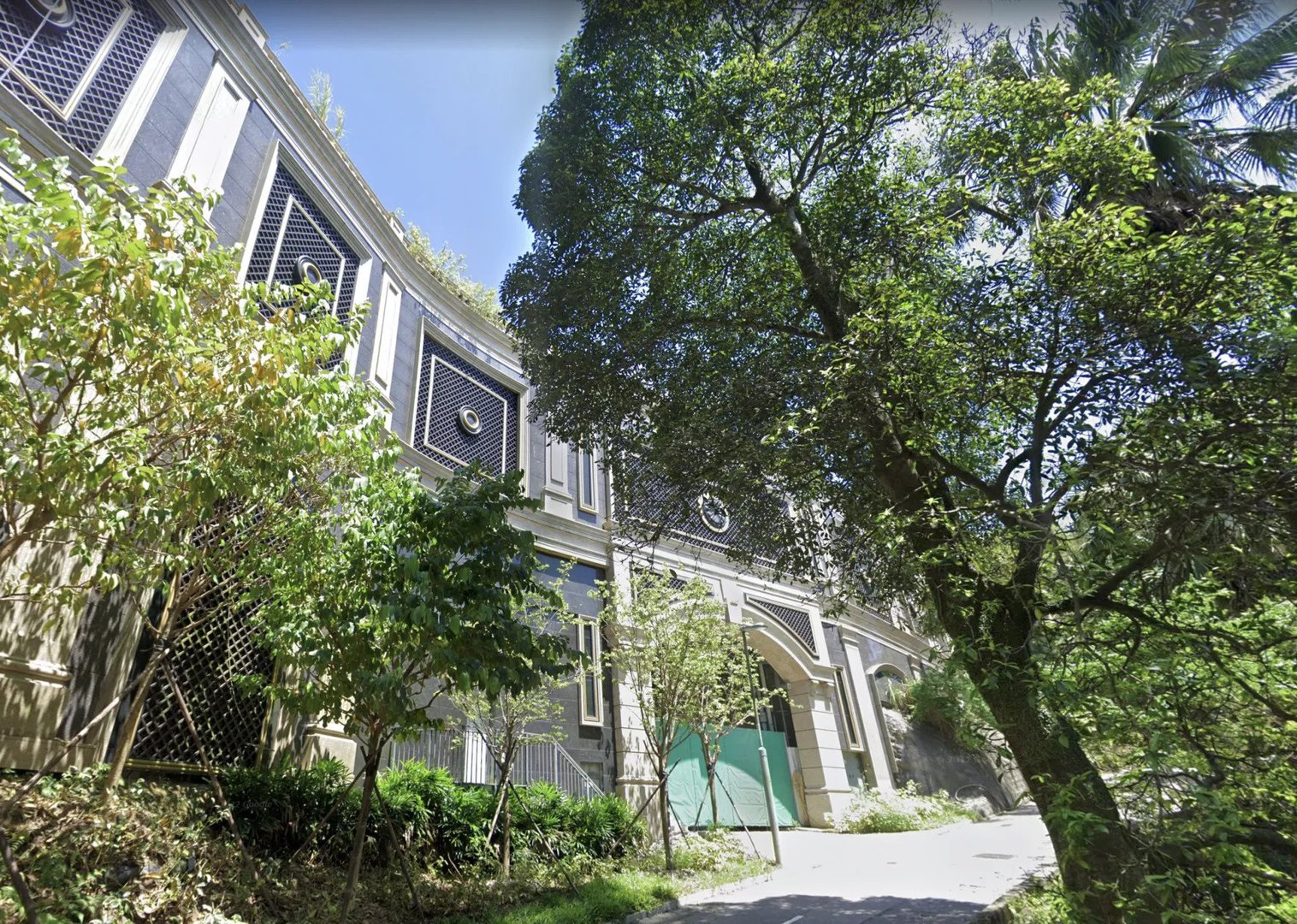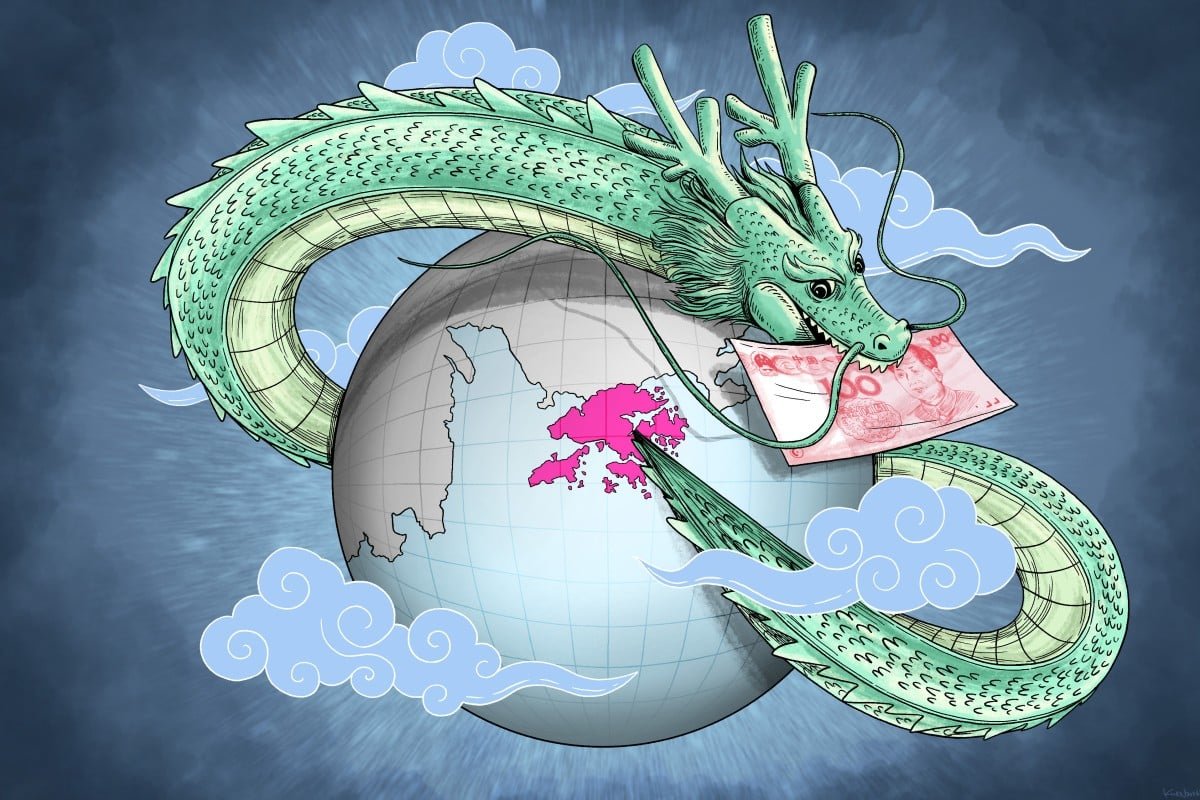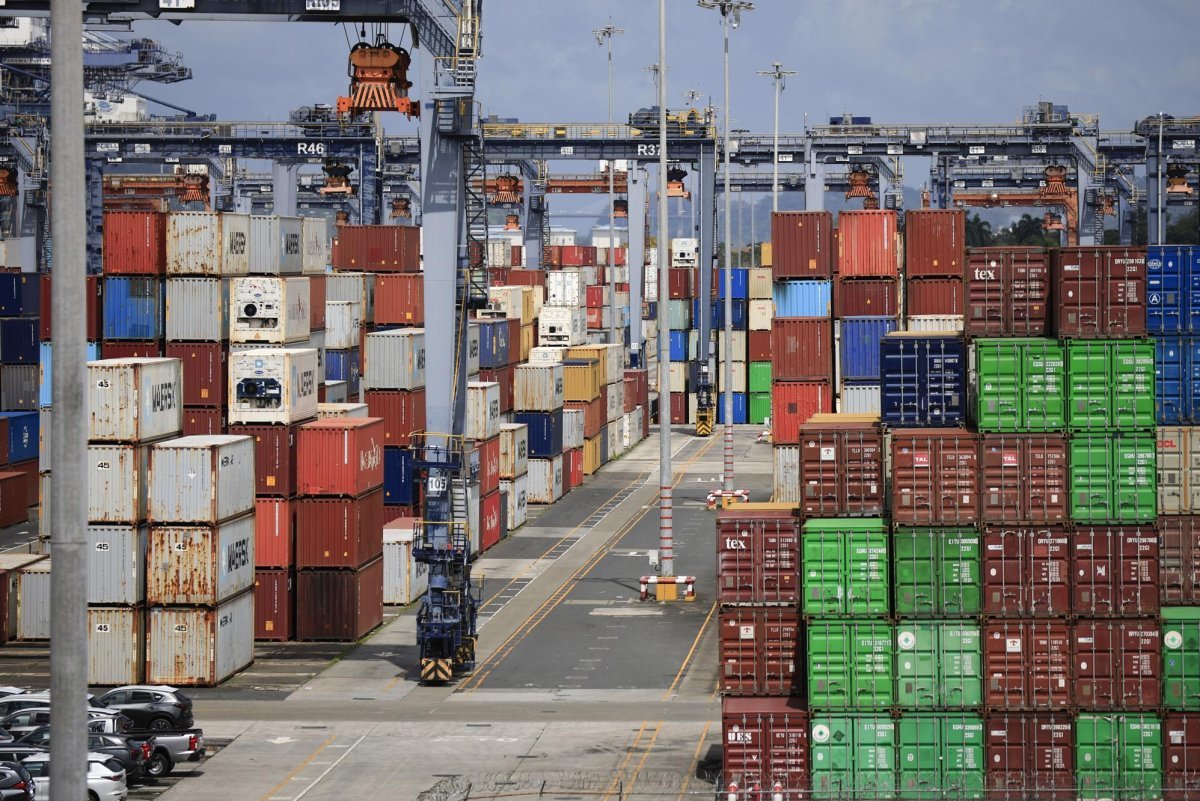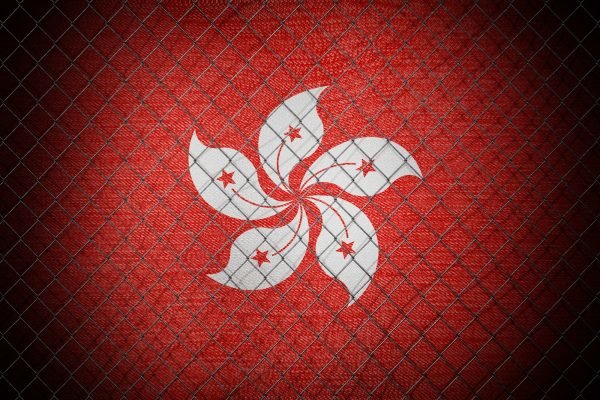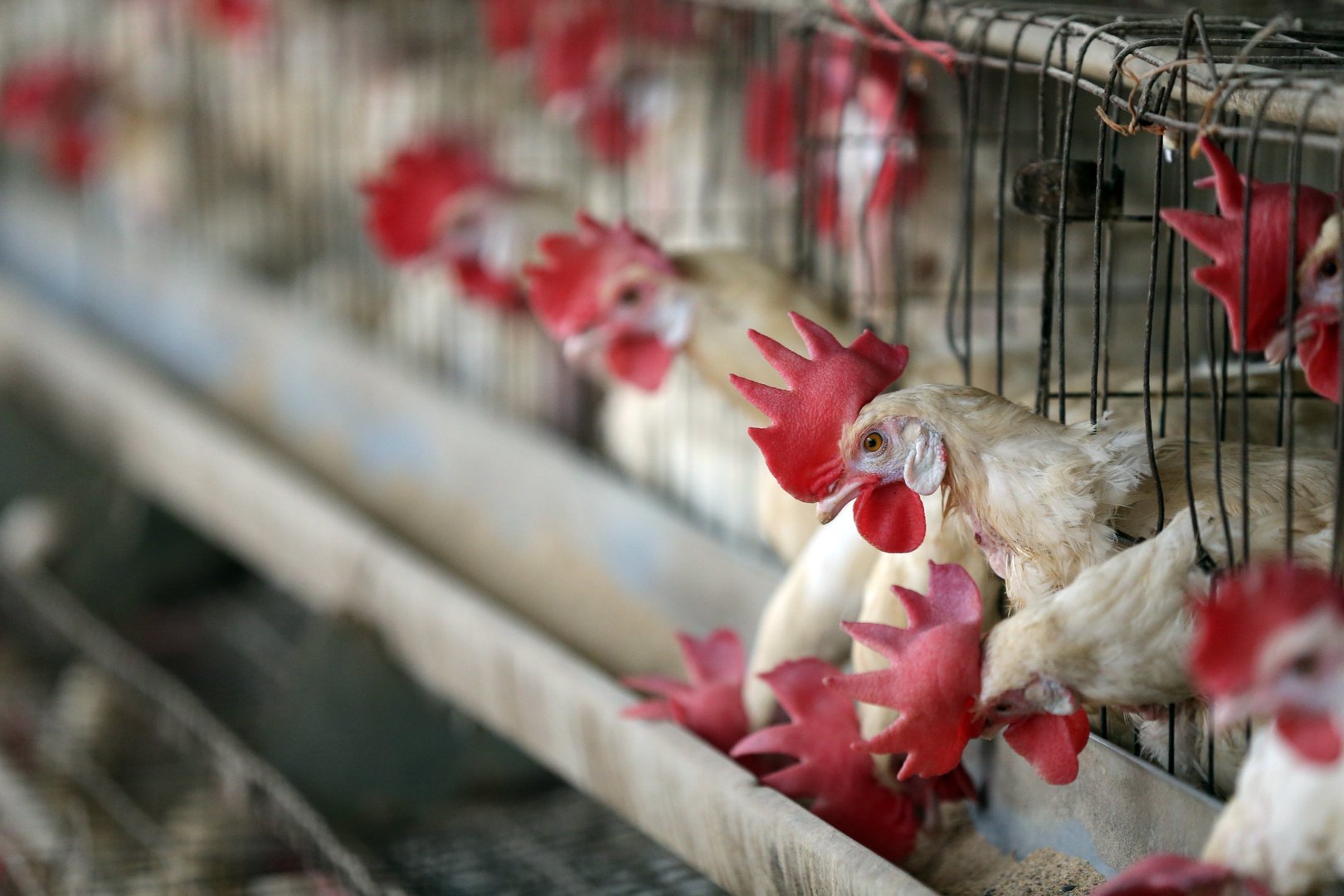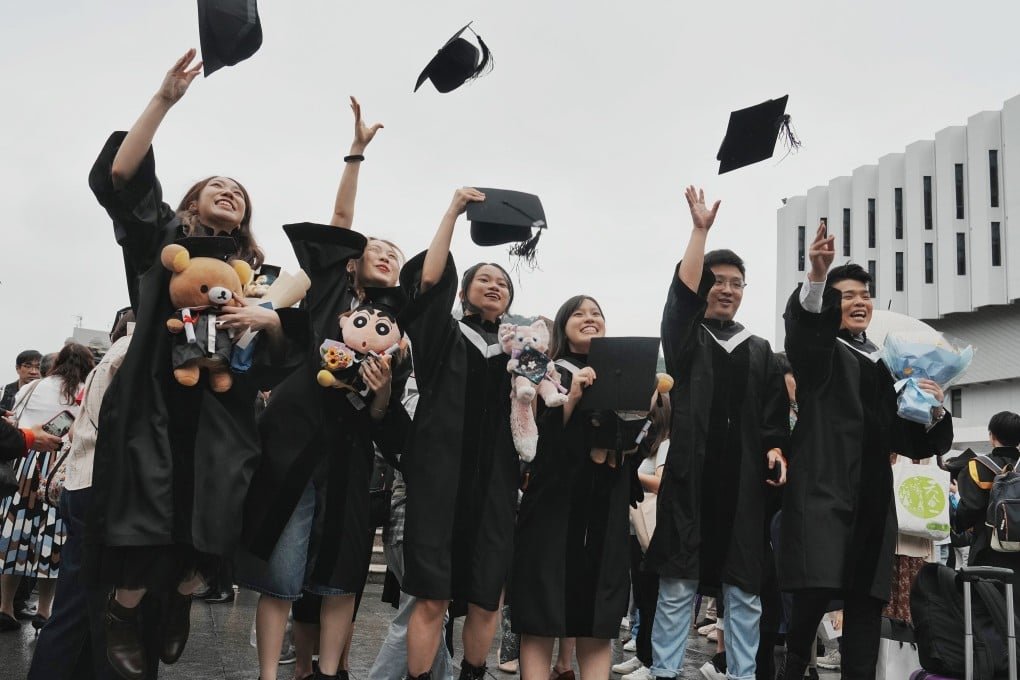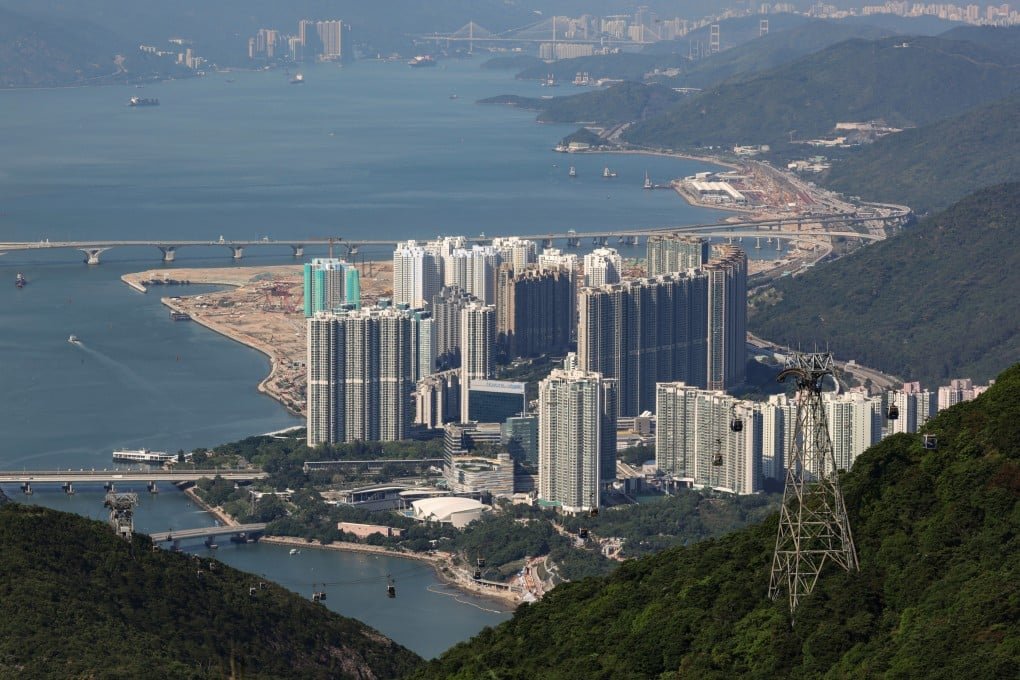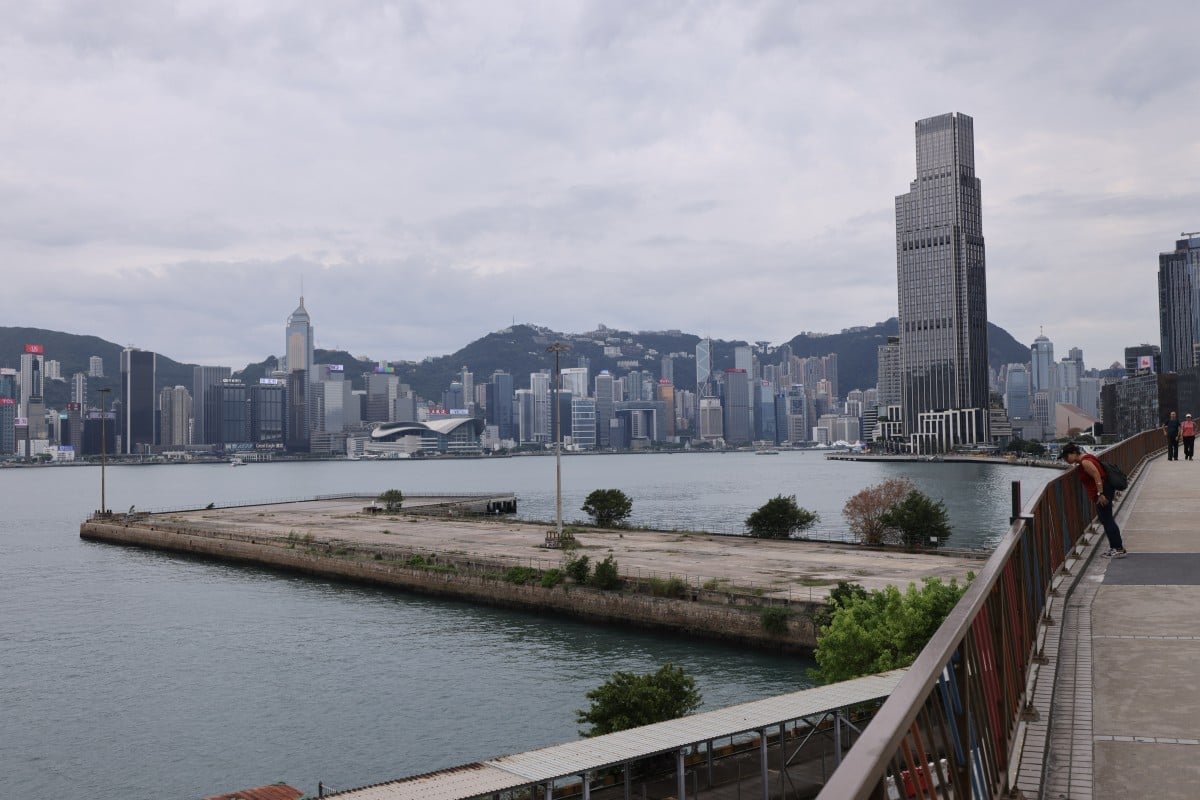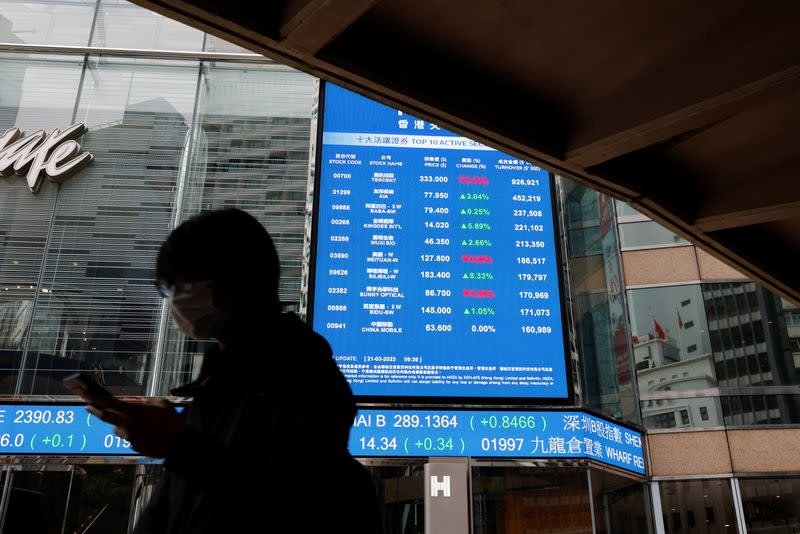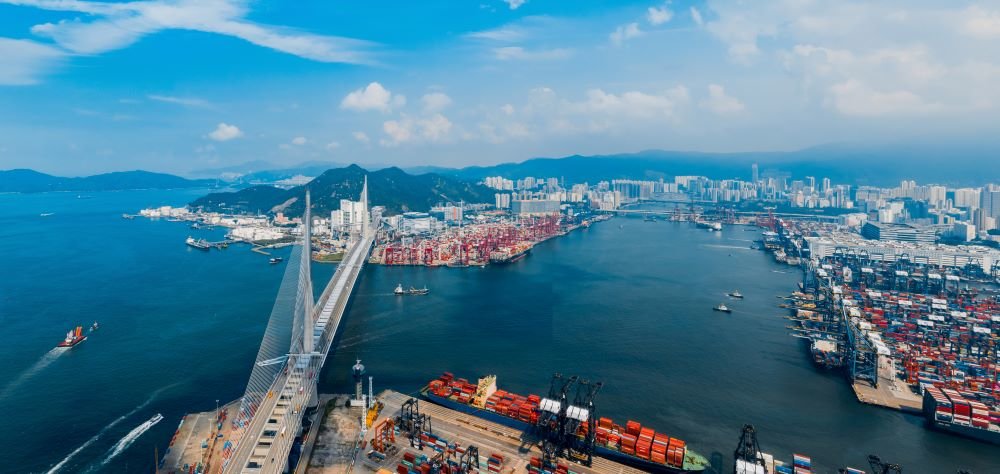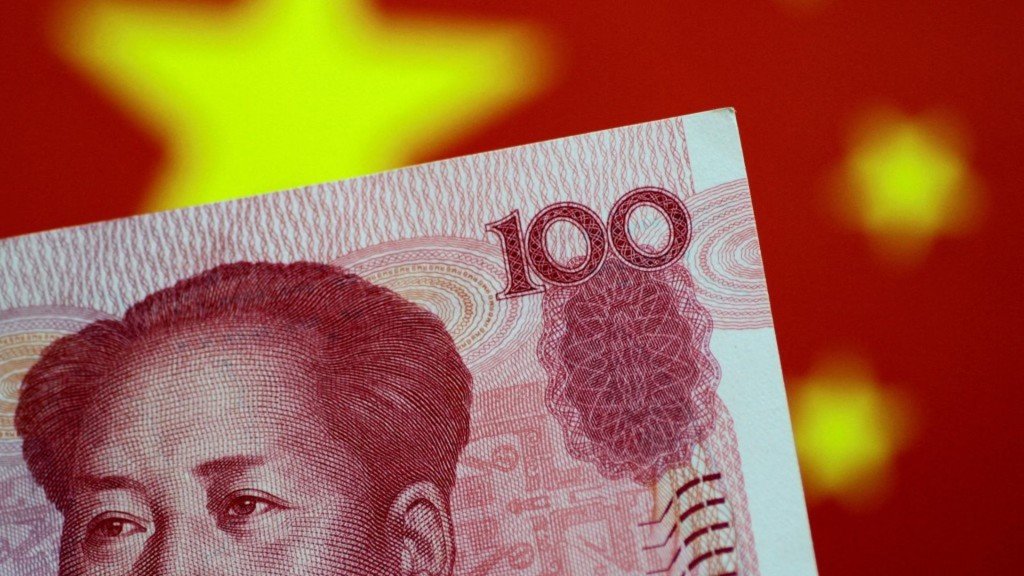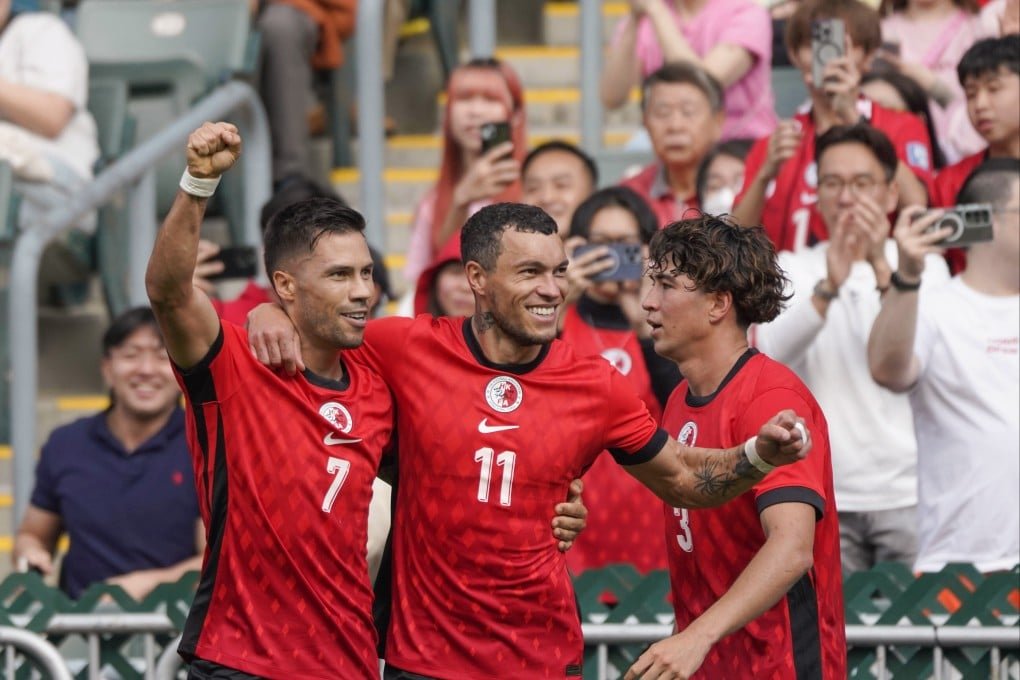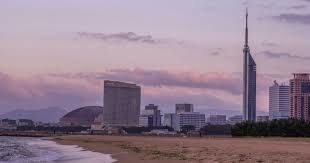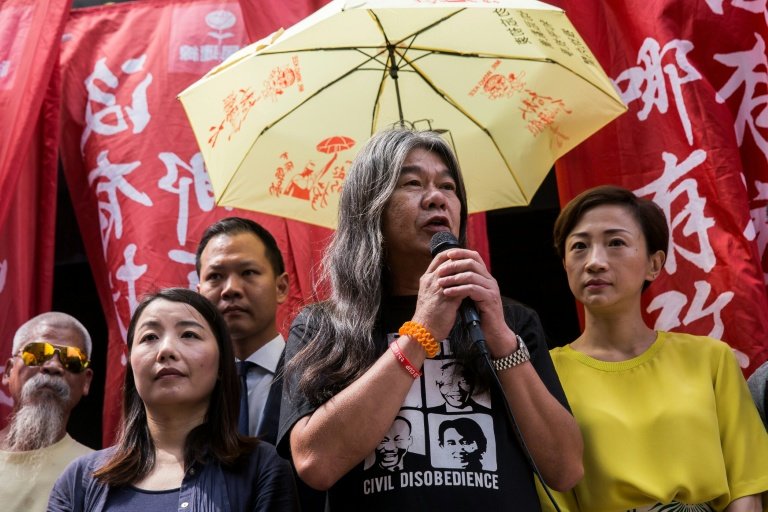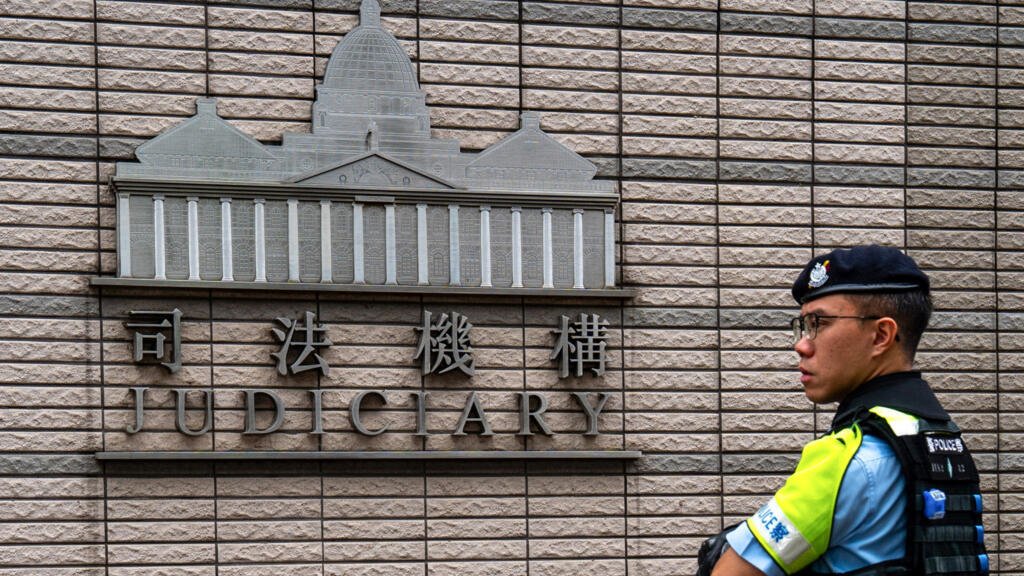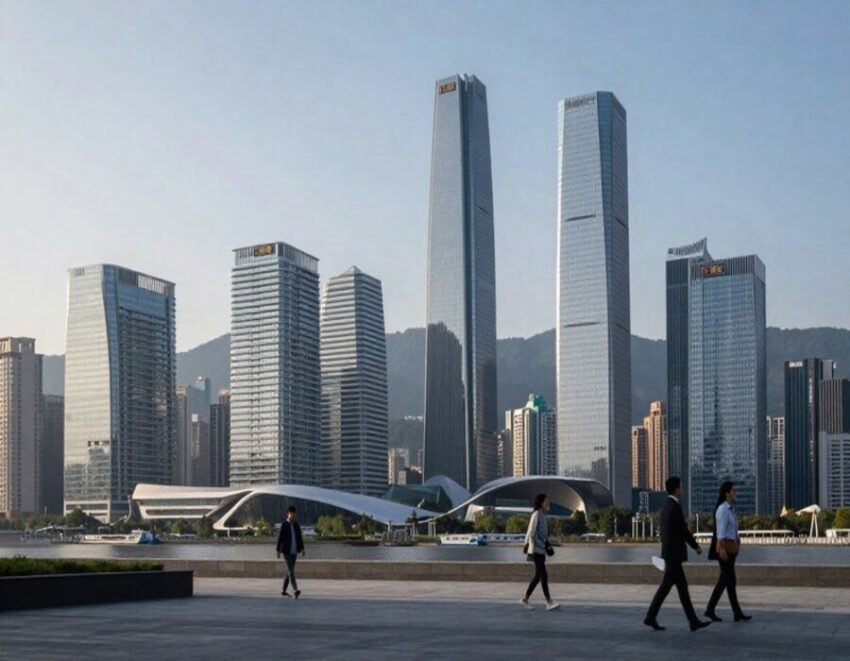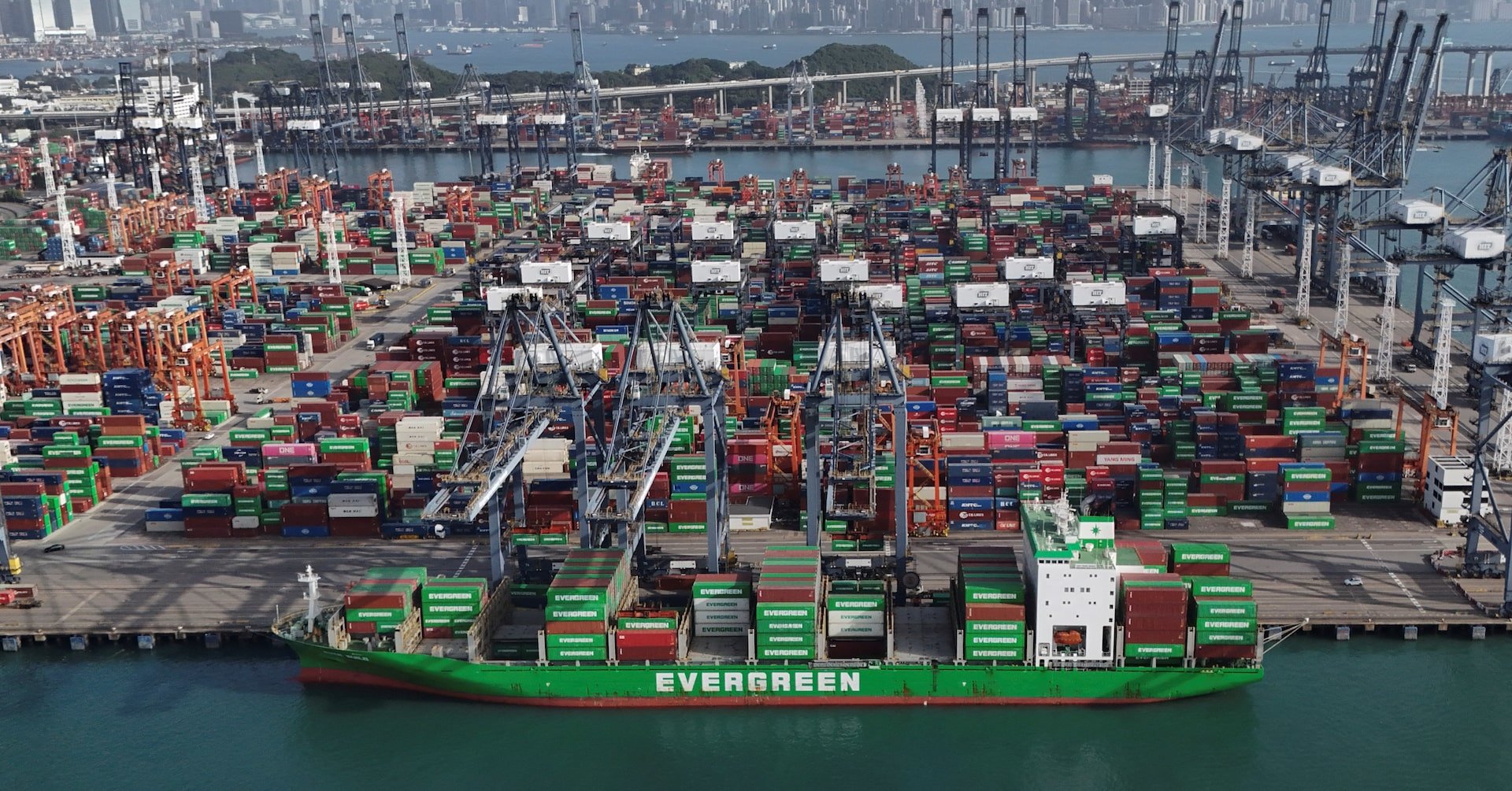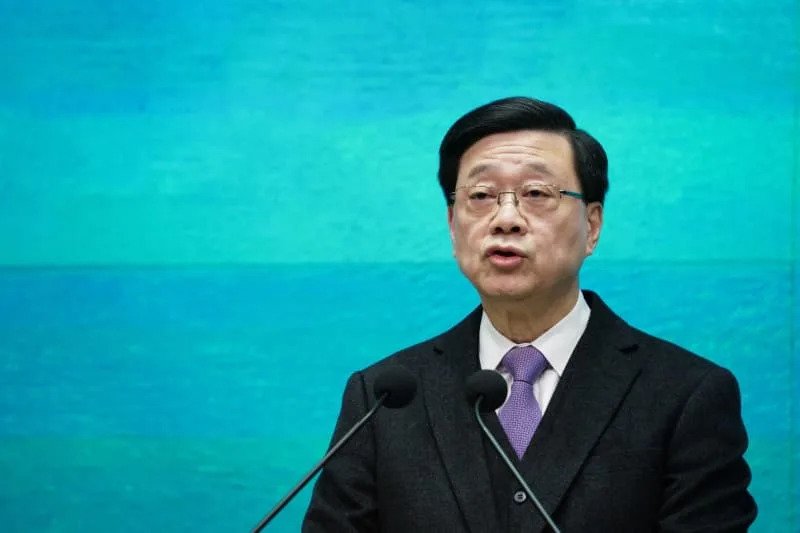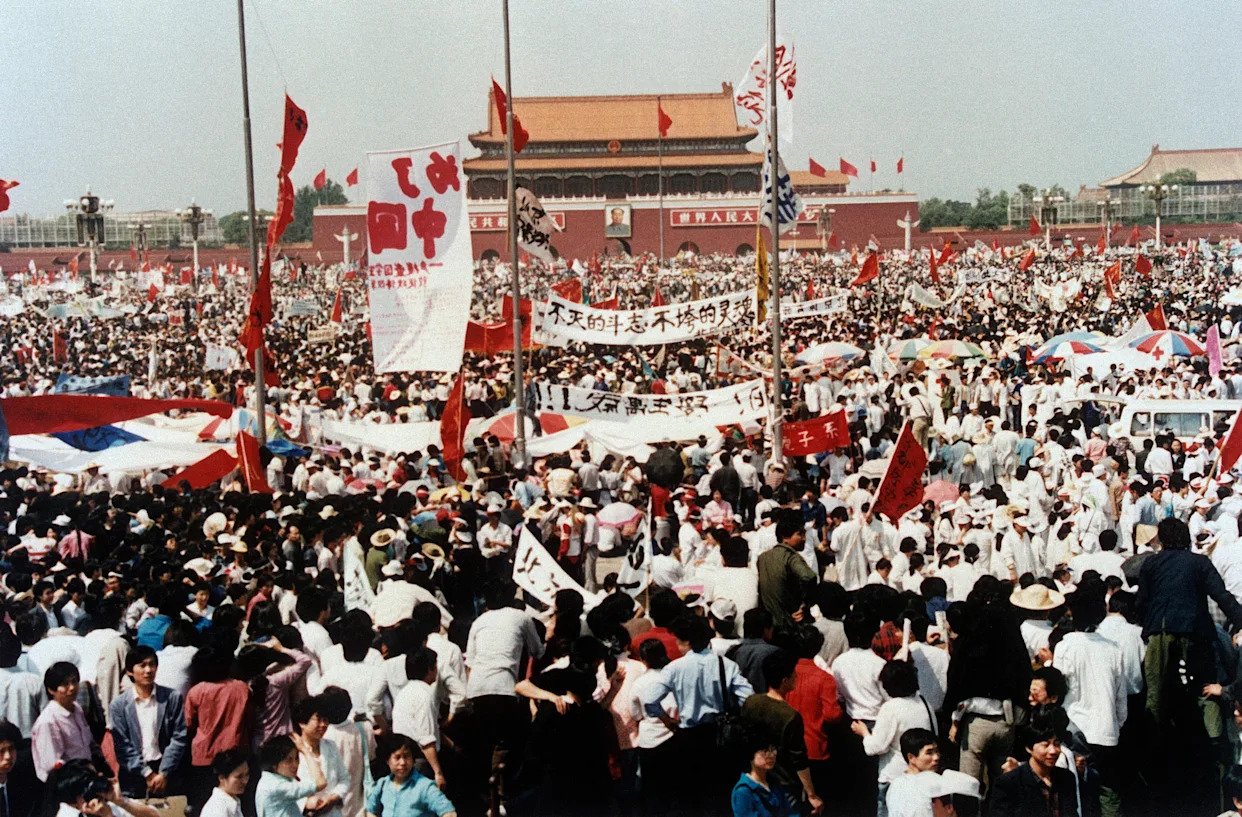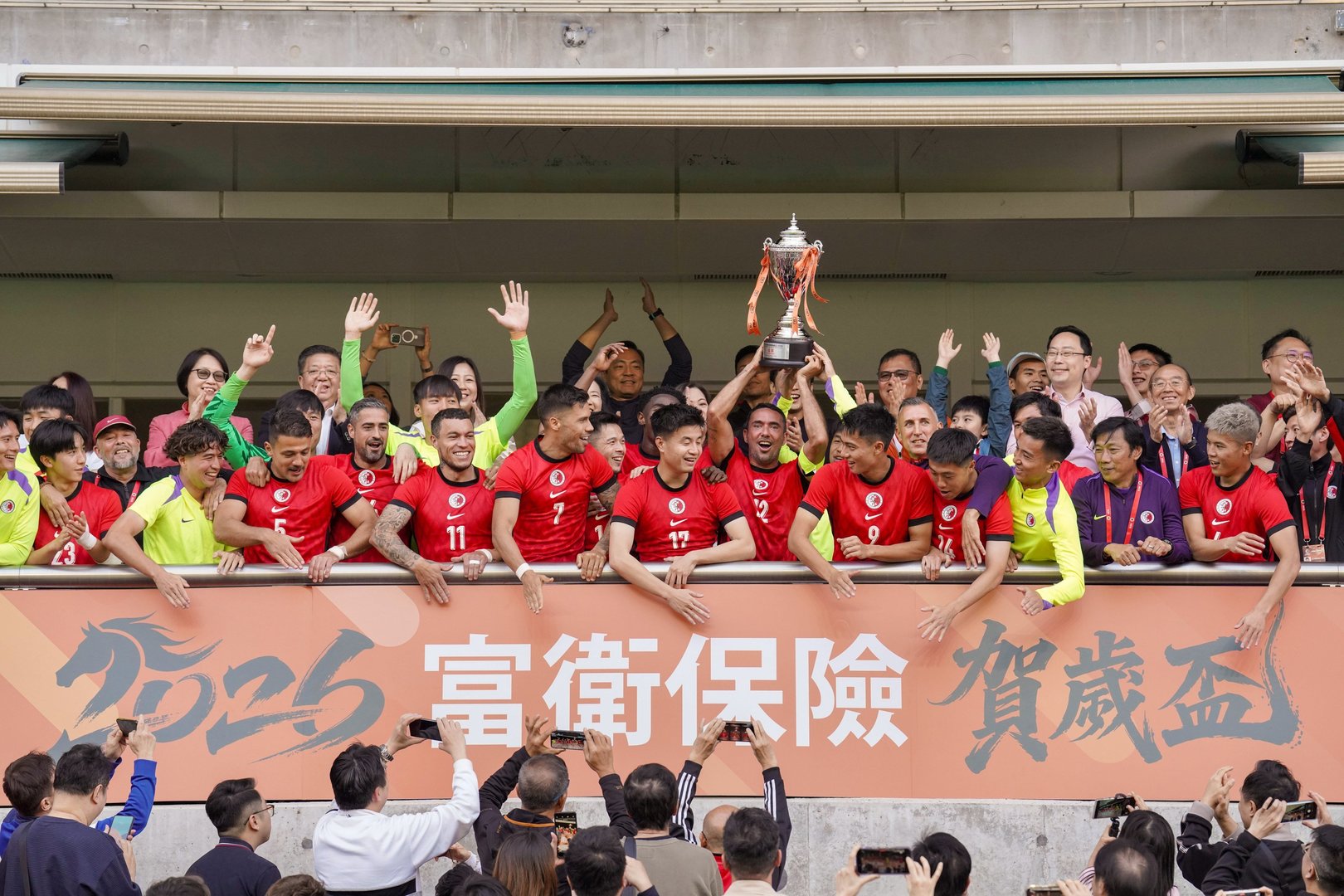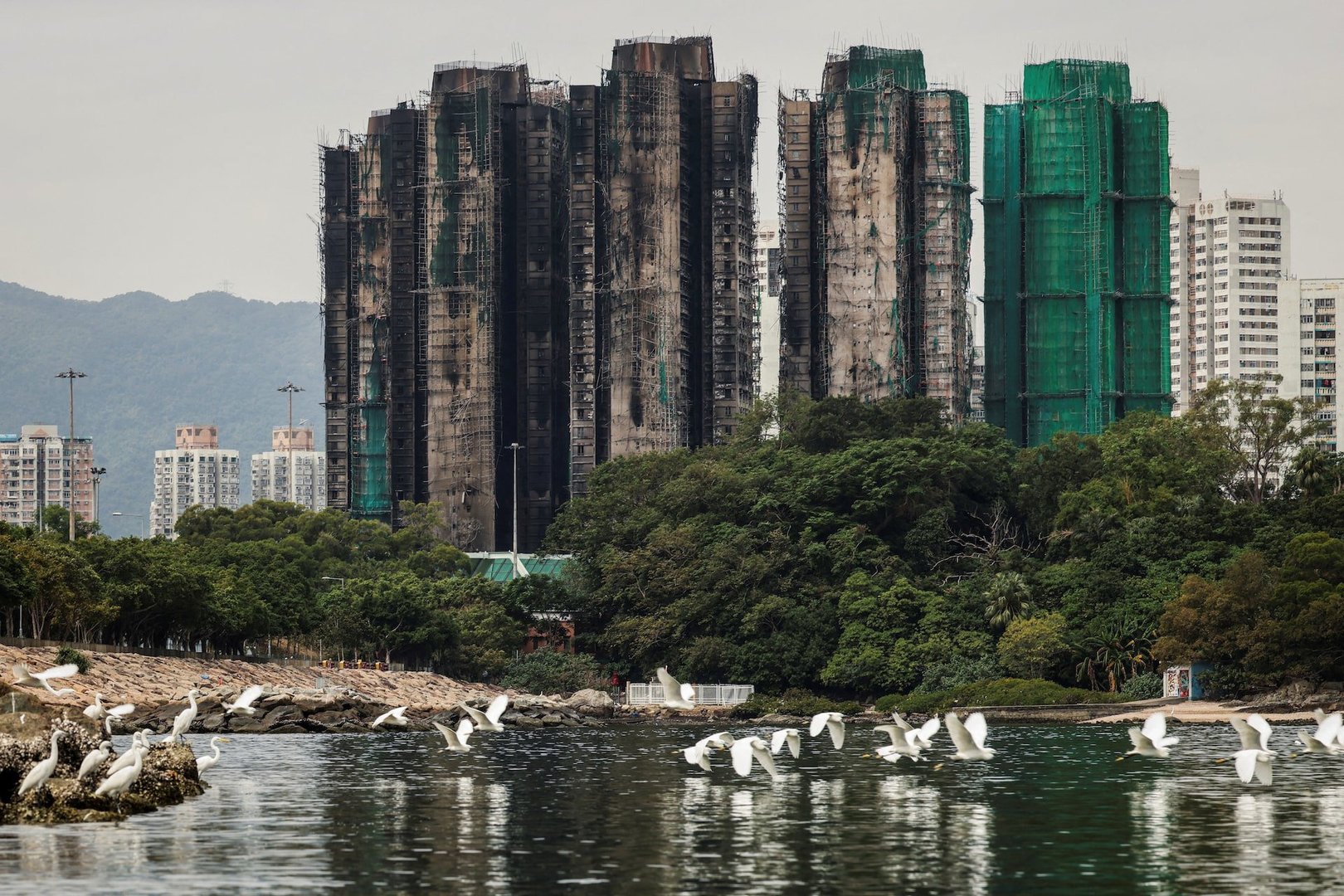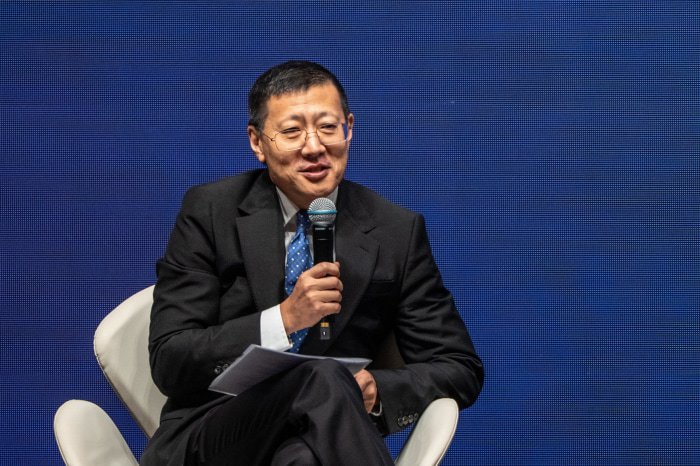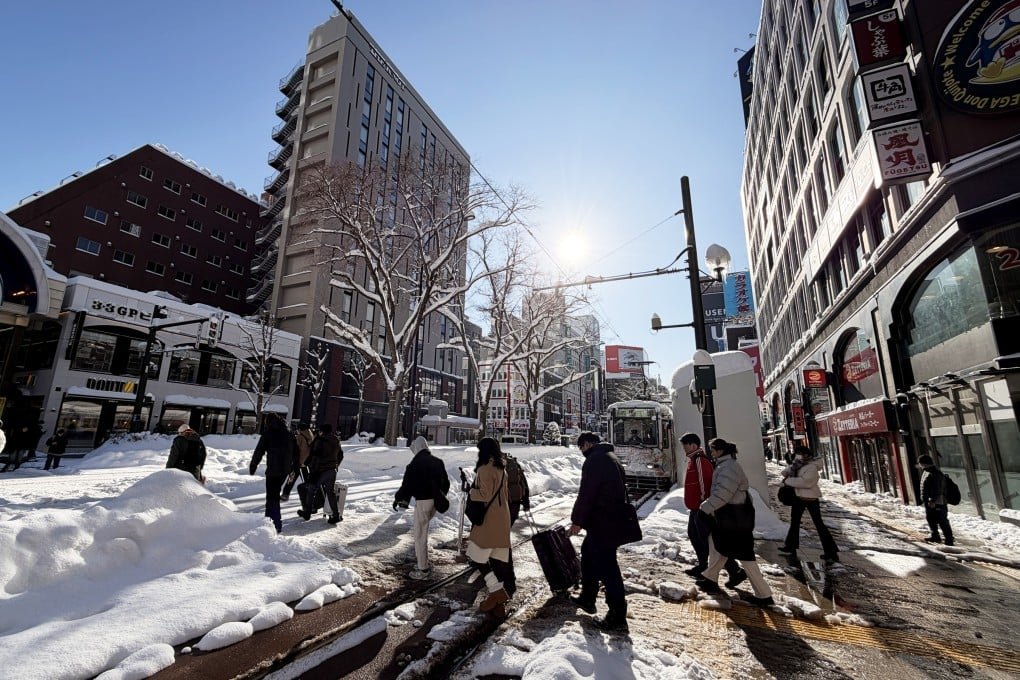
A coup in Myanmar brings with it a sense of déjà vu.
When Myanmar was summoned to The Hague last year to face allegations that its armed forces had carried out a genocide against the country’s Rohingya Muslim minority, no military officers attended. Instead, it was the Nobel Peace Prize winner Aung San Suu Kyi lamenting that the horrific reports and photos seen by the world were “an incomplete and misleading factual picture of the situation.” Domestically, her speech was viewed as a defense of her country.
Abroad, it was read as bold support for the military, an organization for which she has in the past expressed fondness despite its atrocious human-rights record, and, more personally, its having held her captive for some 15 years, thwarted her bid to become president, and constantly stymied her attempts at constitutional reform.
With Suu Kyi’s capitulation, it appeared that Myanmar’s generals had what they wanted: a global democracy icon standing with them, absorbing a deluge of international criticism as well as a rush of nationalist support defending their campaign against the largely detested Rohingya. But this patina of cohesion masked the fissures of a tenuous power-sharing agreement between the famously stubborn Suu Kyi and the military’s top brass.
Angered by a number of moves from Suu Kyi, who continued, in the eyes of the military, to disrespect the institution and push the limits of the junta-drafted constitution, long-simmering tensions split open this week with the armed forces staging a swift, well-crafted coup.
And so, both parties are in familiar positions. Once again, Suu Kyi is a prisoner of the military, and the military has unchecked power. There are two constants across Myanmar’s recent history: protracted internal conflict and impunity for the military. An array of generals who terrorized Myanmar’s people for some two decades, overseeing vicious crackdowns and conflict, live out their retirements in peace, untouched by international justice and unbothered by fear of repercussions.
Even before the coup, the military had substantial political power, enshrined in a constitution they themselves wrote, a document meticulously crafted to preserve it. An opaque web of companies spread across a number of industries are controlled by the armed forces, deeply embedding the military in Myanmar’s economy, to say nothing of their dealings in the illicit sectors of jade mining, logging, and drug production that thrive in the country’s border regions.
Min Aung Hlaing, the commander in chief of Myanmar’s military, would meanwhile likely have eased into a quiet life this year, when he was set to retire, joining the likes of Than Shwe, the jowly, brutal former dictator who is living out his octogenarian days in gilded bliss; the former head of the military’s feared intelligence service, which tortured activists, who now enjoys tending to orchids and running an art gallery in Yangon; and another former top general, notably called a “dictator-in-waiting,” who has shifted into civilian politics, while his sons have amassed enormous wealth.
For these reasons, many analysts believed that the military had everything it could want, and none of the hassle of actually running the country. So what, then, is all this for? “It is not based on the strategic interests of the country,” Richard Horsey, a Yangon-based political analyst, told me. Instead, he said, it was a coup “based on pride and political calculations.”
Conventional thinking and rational wisdom are often wasted on Myanmar’s generals, whose secretive moves and motives have long vexed even the most astute political observers. Min Aung Hlaing, was not, it seems, enticed by the retiree life of ill-gotten riches, leisurely strolls, and merit making at gilded pagodas.
Unlike the dour, stone-faced leaders of previous regimes, the law-school dropout fashioned himself as a worldly warrior diplomat and was widely believed to harbor civilian political ambitions, with an eye on possibly serving as president. Shahidul Haque, who served as Bangladesh’s defense attaché to Myanmar and met Min Aung Hlaing on numerous occasions, told me he “found him to be ambitious,” and, Haque said, “nationalistic, ruthless with minorities.” Instead, in recent weeks, he seized on allegations of voter fraud during the November elections. (The U.S.-based Carter Center, as well as other election observers, deemed the polls to be free and fair.)
The military has long been frustrated with Suu Kyi, who created a new title for herself, “State Counselor,” in 2015 when she was blocked from becoming president, and who has twice trounced the military-linked party at the polls, most recently last November. She has refused to convene a special session of Parliament to discuss alleged voting irregularities, and the election commission, an independent body, dismissed the complaints.
By then, Min Aung Hlaing had made the issue about much more than himself, portraying it as a gallant effort to defend the nation and constitution. The relationship between the two, already rocky, was strained even more in recent days. “Compromise is not in either of their political tool kits, as both feel entitled to supremacy over the other,” Mary Callahan, an assistant professor at the University of Washington’s Henry M. Jackson School of International Studies who is based in Yangon, told me. Ultimately, “he couldn’t back down,” Horsey said. “It’s tragic; it didn’t need to happen.”
On Monday, members of the armed forces arrived at the homes of activists and politicians, including regional ministers. Suu Kyi was detained. Internet and telephone lines went down, and the state broadcaster halted transmissions on radio and television.
The sprawling, multilane roads that run through the capital city of Naypyidaw were blocked by rows of armored vehicles and military trucks. Red and silver barbed-wire barricades, a common site around Myanmar’s cities during the decades of military rule, returned to the streets, as did soldiers standing behind them listlessly.
To remedy the unsubstantiated claims of voter fraud, the military said, it will hold new elections, though the details remain unclear. In a statement, the armed forces laid out a number of conditions that would need to be met before new elections were held, including curbing the spread of COVID-19 and “restoring eternal peace all over the country,” a near-impossible task for a place beset by ethnic conflicts.
Myanmar’s regression back to a junta is a devastating development for its people. Internationally, it presents a difficult problem for the countries that rushed to assist its transition to democracy a decade ago—the United States, in many ways, chief among them.
In the early, heady days of Myanmar’s reengagement, starting in 2011, the country was a petri dish for development and NGO projects that brought a flood of well-meaning expatriates and experts, many decamping from hot spots such as South Sudan and Afghanistan for a new and seemingly exotic locale.
An eclectic mix of foreign visitors arrived daily, ranging from heads of state and celebrities to businesspeople looking for an untapped market. While there were notable achievements, there were also misses.
Donors pumped millions into the country, funding a peace process that has shown few positive results, providing training to the police, members of which appear to have assisted with the coup, and paying for a nationwide census that was beset with ethical and technical issues. The Rohingya languished in camps after bouts of violence with no solution to their plight.
Washington was very much at the forefront of this rush, with the Obama administration deciding to fully reestablish ties with Myanmar after years of treating it as a pariah, heralding Myanmar’s shaky road to semi-democracy as among its major foreign accomplishments. For President Joe Biden, Monday’s developments mark an early challenge for his own administration, which is stocked with officials who played key roles developing and executing Obama’s Myanmar policy.
Kurt Campbell, Biden’s “Asia czar,” was a major architect of Obama’s reworked approach to Myanmar and helped to engineer U.S. reengagement, before pivoting quickly, and ultimately unsuccessfully, to pursuing private business projects in the country.
Secretary of State Antony Blinken visited the country in 2015, when he was deputy secretary of state, telling officials about the importance of “continued political, economic and social reforms” to ensure sustained democratic change, but, in a concession to his hosts, refrained from using the explosive word Rohingya.
Biden said in a statement that the U.S. would hold the military accountable and that it was reviewing sanctions, many of which were lifted in 2016, a move celebrated by his then boss. Yet it is unclear if, after trying economic sanctions, increasing engagement, building business links, and proselytizing about the merits of democracy, any international forces—positive or negative—will change the behavior of Myanmar’s generals, who appear to follow only their own whims, logic, and calculations.
Much as the American calculus has changed, so too has the landscape within and around Myanmar. Suu Kyi, once a darling in Washington who could call up members of Congress at her leisure, now finds herself more isolated. Her cultivated image almost completely dissolved internationally after her defense of the military’s actions and her indifference to the plight of the Rohingya and other ethnic groups.
This week’s coup will undoubtedly serve to rehabilitate her standing, but significant damage has already been done. China’s role has changed, as well. Beijing has been steadfast in its support of the military, but only when it had no other option. Suu Kyi’s isolation from the West in the post-Obama years has seen her move closer to China, which has cultivated her as a reliable friend who could help further its economic interests in her country.
The instability that will inevitably follow the coup, including in the restive border region between China and Myanmar, will irk Beijing, and its response will be crucial to what comes next.
In many ways, Monday’s takeover—which follows military coups in 1962 and 1988—is uniquely its own: Some Facebook users in Myanmar changed their profile pictures to black, while others were more direct, posting a graphic reading “FUCK THE COUP.” Reporters in Yangon roamed the city streets, tweeting their observations when the internet held up.
By Tuesday evening, calls for mass civil disobedience were circulating online. All of it was a testament to the liberalization of the telecom sector and new press freedoms that were pushed through in recent years.
But there is also a sense of déjà vu, in both the U.S. and Myanmar. Once again, Washington is worried about pushing the country into the arms of China, and debating the merits of sanctions. And in Myanmar, minds are being cast back to 1990, when, after being roundly defeated by Suu Kyi’s party at the ballot box, the military tossed out the results. It would be another 25 years before free and fair elections returned.
Abroad, it was read as bold support for the military, an organization for which she has in the past expressed fondness despite its atrocious human-rights record, and, more personally, its having held her captive for some 15 years, thwarted her bid to become president, and constantly stymied her attempts at constitutional reform.
With Suu Kyi’s capitulation, it appeared that Myanmar’s generals had what they wanted: a global democracy icon standing with them, absorbing a deluge of international criticism as well as a rush of nationalist support defending their campaign against the largely detested Rohingya. But this patina of cohesion masked the fissures of a tenuous power-sharing agreement between the famously stubborn Suu Kyi and the military’s top brass.
Angered by a number of moves from Suu Kyi, who continued, in the eyes of the military, to disrespect the institution and push the limits of the junta-drafted constitution, long-simmering tensions split open this week with the armed forces staging a swift, well-crafted coup.
And so, both parties are in familiar positions. Once again, Suu Kyi is a prisoner of the military, and the military has unchecked power. There are two constants across Myanmar’s recent history: protracted internal conflict and impunity for the military. An array of generals who terrorized Myanmar’s people for some two decades, overseeing vicious crackdowns and conflict, live out their retirements in peace, untouched by international justice and unbothered by fear of repercussions.
Even before the coup, the military had substantial political power, enshrined in a constitution they themselves wrote, a document meticulously crafted to preserve it. An opaque web of companies spread across a number of industries are controlled by the armed forces, deeply embedding the military in Myanmar’s economy, to say nothing of their dealings in the illicit sectors of jade mining, logging, and drug production that thrive in the country’s border regions.
Min Aung Hlaing, the commander in chief of Myanmar’s military, would meanwhile likely have eased into a quiet life this year, when he was set to retire, joining the likes of Than Shwe, the jowly, brutal former dictator who is living out his octogenarian days in gilded bliss; the former head of the military’s feared intelligence service, which tortured activists, who now enjoys tending to orchids and running an art gallery in Yangon; and another former top general, notably called a “dictator-in-waiting,” who has shifted into civilian politics, while his sons have amassed enormous wealth.
For these reasons, many analysts believed that the military had everything it could want, and none of the hassle of actually running the country. So what, then, is all this for? “It is not based on the strategic interests of the country,” Richard Horsey, a Yangon-based political analyst, told me. Instead, he said, it was a coup “based on pride and political calculations.”
Conventional thinking and rational wisdom are often wasted on Myanmar’s generals, whose secretive moves and motives have long vexed even the most astute political observers. Min Aung Hlaing, was not, it seems, enticed by the retiree life of ill-gotten riches, leisurely strolls, and merit making at gilded pagodas.
Unlike the dour, stone-faced leaders of previous regimes, the law-school dropout fashioned himself as a worldly warrior diplomat and was widely believed to harbor civilian political ambitions, with an eye on possibly serving as president. Shahidul Haque, who served as Bangladesh’s defense attaché to Myanmar and met Min Aung Hlaing on numerous occasions, told me he “found him to be ambitious,” and, Haque said, “nationalistic, ruthless with minorities.” Instead, in recent weeks, he seized on allegations of voter fraud during the November elections. (The U.S.-based Carter Center, as well as other election observers, deemed the polls to be free and fair.)
The military has long been frustrated with Suu Kyi, who created a new title for herself, “State Counselor,” in 2015 when she was blocked from becoming president, and who has twice trounced the military-linked party at the polls, most recently last November. She has refused to convene a special session of Parliament to discuss alleged voting irregularities, and the election commission, an independent body, dismissed the complaints.
By then, Min Aung Hlaing had made the issue about much more than himself, portraying it as a gallant effort to defend the nation and constitution. The relationship between the two, already rocky, was strained even more in recent days. “Compromise is not in either of their political tool kits, as both feel entitled to supremacy over the other,” Mary Callahan, an assistant professor at the University of Washington’s Henry M. Jackson School of International Studies who is based in Yangon, told me. Ultimately, “he couldn’t back down,” Horsey said. “It’s tragic; it didn’t need to happen.”
On Monday, members of the armed forces arrived at the homes of activists and politicians, including regional ministers. Suu Kyi was detained. Internet and telephone lines went down, and the state broadcaster halted transmissions on radio and television.
The sprawling, multilane roads that run through the capital city of Naypyidaw were blocked by rows of armored vehicles and military trucks. Red and silver barbed-wire barricades, a common site around Myanmar’s cities during the decades of military rule, returned to the streets, as did soldiers standing behind them listlessly.
To remedy the unsubstantiated claims of voter fraud, the military said, it will hold new elections, though the details remain unclear. In a statement, the armed forces laid out a number of conditions that would need to be met before new elections were held, including curbing the spread of COVID-19 and “restoring eternal peace all over the country,” a near-impossible task for a place beset by ethnic conflicts.
Myanmar’s regression back to a junta is a devastating development for its people. Internationally, it presents a difficult problem for the countries that rushed to assist its transition to democracy a decade ago—the United States, in many ways, chief among them.
In the early, heady days of Myanmar’s reengagement, starting in 2011, the country was a petri dish for development and NGO projects that brought a flood of well-meaning expatriates and experts, many decamping from hot spots such as South Sudan and Afghanistan for a new and seemingly exotic locale.
An eclectic mix of foreign visitors arrived daily, ranging from heads of state and celebrities to businesspeople looking for an untapped market. While there were notable achievements, there were also misses.
Donors pumped millions into the country, funding a peace process that has shown few positive results, providing training to the police, members of which appear to have assisted with the coup, and paying for a nationwide census that was beset with ethical and technical issues. The Rohingya languished in camps after bouts of violence with no solution to their plight.
Washington was very much at the forefront of this rush, with the Obama administration deciding to fully reestablish ties with Myanmar after years of treating it as a pariah, heralding Myanmar’s shaky road to semi-democracy as among its major foreign accomplishments. For President Joe Biden, Monday’s developments mark an early challenge for his own administration, which is stocked with officials who played key roles developing and executing Obama’s Myanmar policy.
Kurt Campbell, Biden’s “Asia czar,” was a major architect of Obama’s reworked approach to Myanmar and helped to engineer U.S. reengagement, before pivoting quickly, and ultimately unsuccessfully, to pursuing private business projects in the country.
Secretary of State Antony Blinken visited the country in 2015, when he was deputy secretary of state, telling officials about the importance of “continued political, economic and social reforms” to ensure sustained democratic change, but, in a concession to his hosts, refrained from using the explosive word Rohingya.
Biden said in a statement that the U.S. would hold the military accountable and that it was reviewing sanctions, many of which were lifted in 2016, a move celebrated by his then boss. Yet it is unclear if, after trying economic sanctions, increasing engagement, building business links, and proselytizing about the merits of democracy, any international forces—positive or negative—will change the behavior of Myanmar’s generals, who appear to follow only their own whims, logic, and calculations.
Much as the American calculus has changed, so too has the landscape within and around Myanmar. Suu Kyi, once a darling in Washington who could call up members of Congress at her leisure, now finds herself more isolated. Her cultivated image almost completely dissolved internationally after her defense of the military’s actions and her indifference to the plight of the Rohingya and other ethnic groups.
This week’s coup will undoubtedly serve to rehabilitate her standing, but significant damage has already been done. China’s role has changed, as well. Beijing has been steadfast in its support of the military, but only when it had no other option. Suu Kyi’s isolation from the West in the post-Obama years has seen her move closer to China, which has cultivated her as a reliable friend who could help further its economic interests in her country.
The instability that will inevitably follow the coup, including in the restive border region between China and Myanmar, will irk Beijing, and its response will be crucial to what comes next.
In many ways, Monday’s takeover—which follows military coups in 1962 and 1988—is uniquely its own: Some Facebook users in Myanmar changed their profile pictures to black, while others were more direct, posting a graphic reading “FUCK THE COUP.” Reporters in Yangon roamed the city streets, tweeting their observations when the internet held up.
By Tuesday evening, calls for mass civil disobedience were circulating online. All of it was a testament to the liberalization of the telecom sector and new press freedoms that were pushed through in recent years.
But there is also a sense of déjà vu, in both the U.S. and Myanmar. Once again, Washington is worried about pushing the country into the arms of China, and debating the merits of sanctions. And in Myanmar, minds are being cast back to 1990, when, after being roundly defeated by Suu Kyi’s party at the ballot box, the military tossed out the results. It would be another 25 years before free and fair elections returned.

